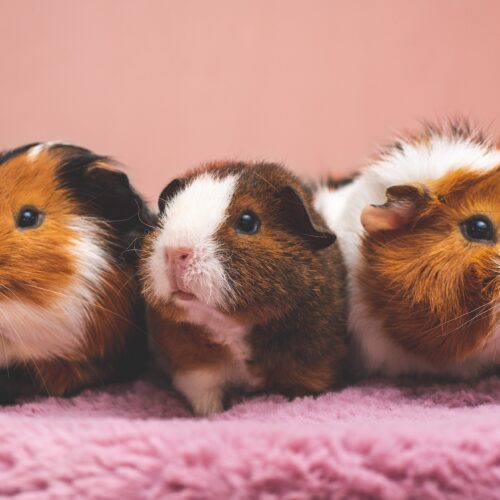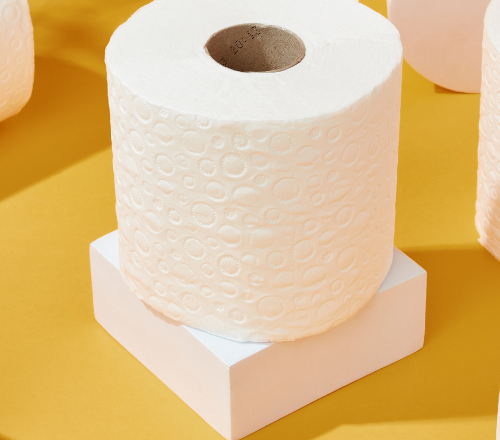As we strive to lead more sustainable lives, from ditching single-use plastics to making sure we recycle correctly; we also need to make sure our daily routines are as green as they can be, including seemingly mundane tasks like doing the laundry.
Whilst we want to make sure our clothes are smelling fresh & clean, it’s equally as important to consider the environmental impact of our laundry routine. Let’s deep dive into the various ways in which doing the laundry can negatively impact our planet and our top tips on how you can green up your laundry game with our sustainable laundry hacks.
How does doing laundry negatively impact our planet?
Water Pollution
Every year, our oceans are contaminated with over a million tons of microplastics, with a significant contribution from our washing machines. Did you know that our washing machines produce over 700,000 small plastic fibres with each use? These microplastics pollute the environment, are harmful to aquatic animals and even end up in our food and drinking water!
Water Consumption
Another negative impact doing laundry has on the environment is the amount of water it consumes with every wash. This water consumption adds to the problem of water scarcity, especially in areas already dealing with water stress or drought.
Energy Consumption
Your laundry routine also has a substantial energy footprint. Your washing machine (and dryers, and iron) consume electricity which is mostly generated through fossil fuel-dependent power plants. The production of this kind of energy releases greenhouse gases which contribute to climate change.
Chemical pollution
Many conventional laundry detergents contain phosphates, surfactants, and optical brighteners, these chemicals are often released into the ecosystem, harming aquatic life and disrupting ecosystems when they enter water bodies through wastewater.
Go green with your laundry routine with these top tips:
Wash less, wear more
On average, households do nearly 300 loads of washing each year. Getting more wear out of your clothes before chucking them in the wash pile can reduce your ecological footprint and extend the life of your clothes.
How often should you wash your clothes?
Depending on the type of fabric and how many times you’ve worn them will depend on how often you need to wash them, but here are some general guidelines on how often to wash your clothes.
- Shirts & blouses: 1-2 wears
- Sweaters/Jumpers: 2-6 wears (this depends if you’ve had a t-shirt on underneath!)
- Suits/blazers/jackets: 5-6 wears
- Gym wear: 1 wear
- Pants: 2-3 wears
- Jeans: 3-5 wears
- Sleepwear: 2-3 wears
- Household items (towels, bedding etc.): Once a week
Don’t forget to fill your washing machine up to the recommended capacity to make sure that your machine is operating at its optimal efficiency. With fuller loads, you’ll also reduce the number of cycles you do, saving energy and minimising the release of microfibres into the environment!
Saving energy, and money!
Since washing machines use 90% of their energy to heat the water, opting for a cooler wash is much better for the environment (and your pocket!)
For everyday loads, washing your clothes on a 30° cycle is just as effective as washing them in hot water; additionally, colder water prevents shrinking and colour bleeding, allowing your clothes to last longer. Talk about a win-win situation!
Dryers also use up a lot of energy, so skipping this step altogether can help make a real difference! Air drying your clothes is much better for the environment, hang your washing outdoors on a clothesline or air dry them inside.
Top tip: If you find air drying your clothes inside can take too long, heated clothes airers dry your clothes much quicker, are better for the environment and the running costs are a fraction of the price of a dryer.
What laundry detergent is best for the environment?
When considering environmentally friendly laundry detergents, there are a few factors to keep in mind, such as the ingredients, packaging, and overall impact on the environment. Here are a few options that have a better impact on our planet vs traditional detergents:
Plant-based detergents: Look for laundry detergents that are made from plant-based ingredients rather than petroleum-based ones. These ingredients are better for the environment, from production to the rinse cycle, and they’re often kinder to your skin.
Concentrated detergents: Choosing concentrated detergents helps reduce packaging waste and transportation energy and can wash the same number of loads as traditional detergents.
Phosphate-free detergents: Phosphates can contribute to water pollution, so opting for detergents that are free from phosphates is beneficial for the environment.
Detergents packaged in recyclable or refillable containers: Most detergents tend to be packaged in single-use plastics. Make sure you look for detergents that either come in compostable or recyclable packaging or offer refill options. This reduces the amount of plastic waste generated.
The sustainable choice: Oceans laundry sheets
You don’t have to compromise on quality to be more eco-friendly. That’s why we’ve developed laundry sheets that deliver powerful performance, like many leading laundry brands.
Our laundry sheets are made from a unique blend of plant-based ingredients, which means that they are safe for the environment and also gentle on your skin. This makes them an ideal choice for all members of the family, including those with sensitive skin.
What’s more, our laundry sheets are completely plastic-free, which is a win-win for the environment and you! They come in compostable packaging, so they can be easily disposed of and won’t harm our oceans.
If you’re ready to make a sustainable swap, give our laundry sheets a try. Your clothes (and the environment) will thank you.




